#recalls
Fuel Pump Issue Forces Toyota to Recall Almost 700,000 Vehicles
Toyota has announced the recall of 696,000 vehicles in the United States due to safety concerns caused by a suspect fuel pump. The manufacturer said affected vehicles are equipped with a pump which may stop operating, asking customers to be on the lookout for warning lights and a rough running engine.
Impacted autos run the risk of stalling, with an inability to restart the vehicle if the fuel pump fails entirely.
Opinion: It's Past Time for a Tesla Autopilot Recall
The evidence keeps stacking up against Tesla. As the National Highway Traffic Safety Administration investigates crash after crash involving Tesla vehicles under the influence (or suspected influence) of Autopilot, when is enough too much?
Mercedes to Pay $13 Million U.S. Regulatory Fine As NHTSA Keeps Watch
Mercedes Benz will pay a $13 million penalty to U.S. safety regulators over a failure to report a string of necessary recalls. A signed settlement on file with the National Highway Traffic Safety Administration (NHTSA) indicates that Daimler’s American arm could be on the hook for up to $20 million in regulatory fines.
The remaining $7 million is in the hands of the NHTSA, which has to eventually decide whether or not Mercedes expedited its recall notices or improved upon its recall processes. The automaker will be audited by the regulatory agency until 2022 to help make those assessments.
GM Recalls More Than 900,000 Vehicles Worldwide Over Brake and Battery Issues
General Motors is recalling more than 900,000 vehicles across the globe to addresses issues from separate campaigns — one of which poses an always-exciting fire risk. On Thursday, the automaker announced a callback of more than 400,00 Chevrolet Silverado and GMC Sierra 1500 trucks from the 2019-2020 model years. The manufacturer is concerned that pickups’ battery positive cable rings may have been installed with excessive glue, creating a stalling risk, or in some instances a potential fire hazard.
Another 550,000 Chevrolet Silverado 1500, Cadillac CT6, and GMC Sierra 1500 models from 2019 will also need to be recalled. A potential software issue related to the vehicles’ service brake system notifications could cause it to go haywire, negatively impacting their electronic stability control (ESC) and anti-lock braking (ABS) functions.
Another Gigantic Takata Airbag Recall Could Be Incoming
Automakers could be staring down the barrel of another brutally large airbag recall as the National Highway Traffic Safety Administration evaluates the long-term safety of inflators manufactured by the now-bankrupt Takata. Earlier this month, the parts supplier announced a recall affecting 1.4 million additional vehicles following the death of a BMW driver. Several new injuries also stemmed from the issue.
At the same time, the U.S. road safety regulator had to make a decision as to whether the roughly 100 million inflators containing a chemical drying agent intended to solve the problem are actually safe.
So far, it’s looking like a no.
Honda Addresses Quality Control: Keep It Simple, Stupid
There was a time where you could ask just about anybody on the street which car brand they felt was the most reliable and they’d pause for a moment before answering — unsure as to whether they should suggest Toyota or Honda.
While the realities of what constitute a “reliable car” are a little more complicated than simple branding, both automakers deservedly made a name for themselves by undercutting and outlasting rival products coming from Detroit.
Times have changed. These days, you’ll usually see Toyota (and Lexus) sitting at the top of most reliability/quality surveys while Honda has settled uncomfortably to the middle of the pack. Perhaps more telling is the deluge of recalls that swept away some of the automaker’s credibility over the last five years. Honda is wisely blaming itself, allowing it to make the changes it believes are necessary to remedy the problem and regain some of its consistency.
The Takata Recall Continues; Now Includes 1.4 Million Additional Vehicles
The largest automotive recall in history just got a little more inclusive. Takata is recalling another 1.4 million vehicles after the airbag-related death of a BMW driver. The German manufacturer has issued three recalls covering roughly 116,000 U.S. vehicles containing the faulty equipment, saying it is aware of at least one fatality in Australia, plus a few injuries.
By now, you’re probably familiar with the issue. Takata supplied tens of millions of defective air-bag inflators over several years. The units are prone to exploding in the event of a crash, spraying metal shrapnel inside the cabin, after its propellant becomes compromised by nothing more than moisture. This has led to many senseless deaths, the largest automotive recall in history, and Takata declaring bankruptcy two years ago before its purchase by China’s Ningbo Joyson Electronic Corp.
Ford Recalling 72,000 Rangers Over Taillight Troubles
Ford announced Monday that it will recall 72,718 Ranger pickups over taillight malfunctions. This one is pretty cut and dried, without the mystique that make most recall notices so appealing. There’s no fire risk, no chance of the vehicle veering wildly out of control, and no reported accidents stemming from the issue.
Barring some inattentive motorist slamming into your backside, not realizing you were attempting to stop, the range of hypothetical dangers are pretty limited. Basically, someone forgot to crimp and plug the applicable terminals at the factory and Ford needs to give these 2019MY Rangers another look — something it seems to be doing rather often.
Court Finds GM Not Liable for Punitive Damages In Ignition Cases
The 2nd U.S. Circuit Court of Appeals in Manhattan has decided to give General Motors a pass on the punitive damages associated with its faulty ignition switches. If you don’t recall the issue, it’s hardly your fault. The cars were manufactured prior to GM’s 2009 bankruptcy declaration and encompassed models from brands that no longer exist.
That timing was everything, too. Apparently the affected Saturn, Pontiac, and Chevrolet vehicles are part of the “Old GM” that died during the Great Recession. Most of the automaker’s former assets and liabilities were transferred to the “ Motors Liquidation Company,” so that the General could be reborn fresh and untainted, like a baby phoenix.
Them's the Brakes: GM Recalling 3.46 Million Vehicles in U.S.
General Motors is recalling 3.46 million examples of its largest models over brake degradation. The culprit is a wheezing vacuum pump that gradually loses its ability to function over time, resulting in underperforming brakes. Affected vehicles include all of GM’s big boys, including the Cadillac Escalade, Chevrolet Silverado, Chevrolet Suburban, Chevrolet Tahoe, GMC Sierra, and GMC Yukon from the 2014-18 model years.
The recall was preceded by a preliminary investigation from the National Highway Traffic Safety Administration, which launched in 2018 after reports of crashes and a couple of injuries surfaced. In December, GM followed up by extending warranty coverage for vacuum pump replacements for the suspect vehicles. The NHTSA sent its findings off to General Motors last July, but not before the automaker had recalled 310,000 vehicles in Canada over the same issue. A safety bulletin was issued in the United States this month.
Seatback Strength at Centre of New Ford Recall
The 2020 Lincoln Aviator, a much-championed midsize crossover only just entering dealerships, has earned the second recall of its very short life. The crossover, along with the current- and previous-generation Explorer, the Ford Expedition, F-150, and Super Duty line are nameplates involved in a recall concerned with seatback strength.
According to Ford, vehicles may have left the factory “missing the third pawl required for seatback strength,” meaning that seatback may not stay in place in the event of a crash. The recall covers more than half a million vehicles sold in North America.
Kia Recalls Basically Every Telluride Sold in America
Kia’s brand-new Telluride crossover is subject to a recall affecting 30,168 units after some vehicles were presumed to have the incorrect restraint assemblies installed. Considering the model has only been on sale a few months, with U.S. deliveries totaling 27,786 through July, the recall affects every Telluride manufactured before and August 5th. That means if you’ve purchased one, it’s probably included.
National Highway Traffic Safety Administration documentation suggests a number of American-spec models may have received seat belt assemblies designed for the Middle East. While that sounds like a minor problem, the issue is that those units lack an automatic locking retractor (ALR) necessary for securing child seats. It’s also the component that obnoxiously pins you to the chair anytime the driver taps the brakes or when you attempt to lean forward too quickly.
VW Recalls 679,000 U.S. Vehicles Over Rollaway Risk
On Friday, Volkswagen Group announced the recall of 679,000 U.S. vehicles that could roll away due to an electrical problem. Apparently, silicate buildup can accumulate on the shift lever micro switch and trick the car into thinking the vehicle is in park.
As a result, some customers might be able to remove their key before the car has actually been made stationary — creating problems among the highly inattentive.
Ford Recalls 100,000 Sedans Over Seatbelt Pretensioners
Ford may be phasing out the Fusion and Lincoln MKZ sedans in the near future, that doesn’t mean you won’t see some the next time you’re visiting the dealership. Last week, the company announced a recall of 103,374 vehicles in the United States, 4,002 in Canada and 1,023 in Mexico due to bunk seatbelt anchor pretensioners.
According to the notice, increased temperatures generated during deployment of the driver or front-passenger pretensioner could degrade the tensile strength of the cable below the level needed to effectively restrain an occupant.
Center for Auto Safety Asks Uber/Lyft to Stop Using Recalled Cars
Last week, the Center for Auto Safety announced it had reached out to America’s ride-hailing giants to encourage them to stop allowing drivers to use vehicles under active recalls. The group’s release references a Consumer Reports study from this spring that alleged 1 in 6 automobiles commissioned by Uber and Lyft had unresolved defects in the NYC and Seattle areas.
“Unrepaired recalled vehicles are dangerous and can kill or injure drivers, passengers, bikers, or pedestrians. Exploding Takata airbag inflators which have resulted in at least 24 deaths worldwide, GM ignition switch failures which have resulted in at least 170 deaths in the U.S., and hundreds of other less-publicized defects pose equally significant threats to public safety,” explained the advocacy group. “Yet, recent studies from Consumer Reports and others have found concerning numbers of rideshare vehicles with unrepaired recalls on the Uber and Lyft apps.”
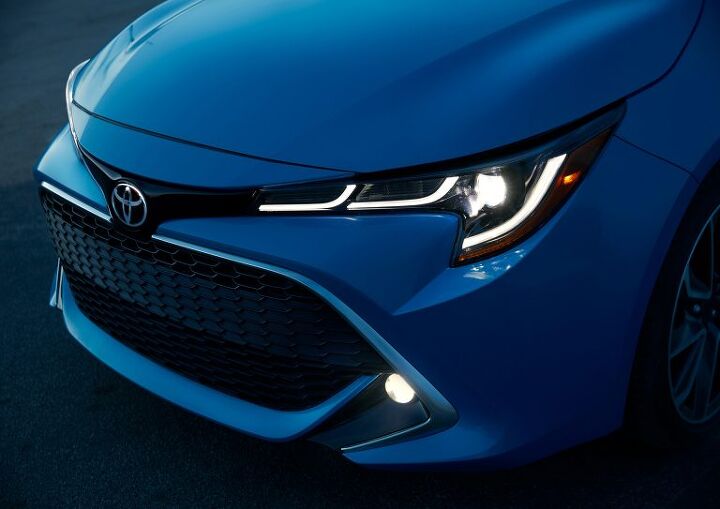
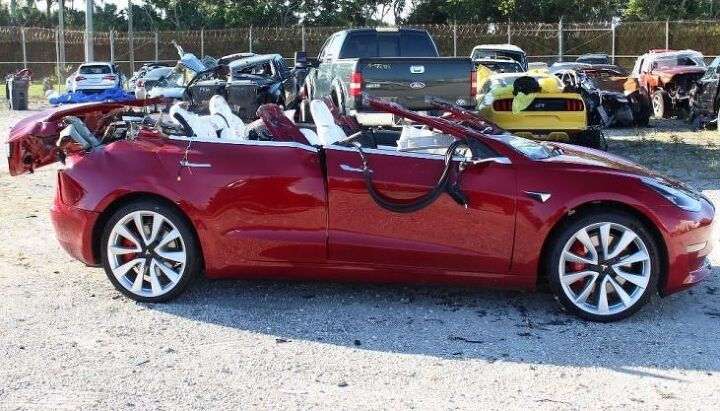

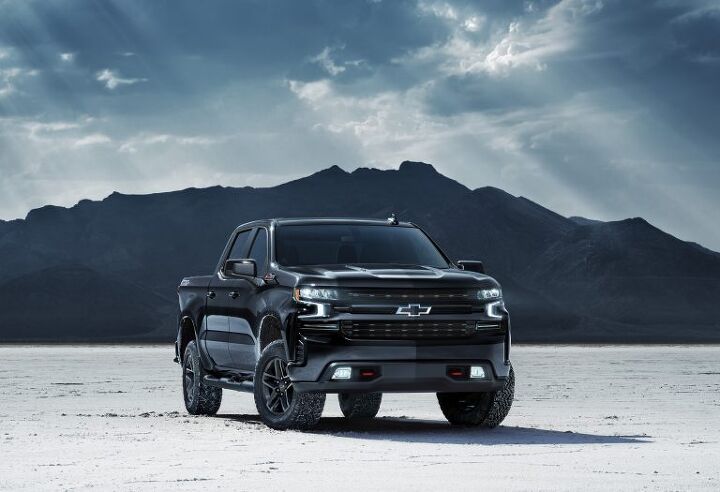
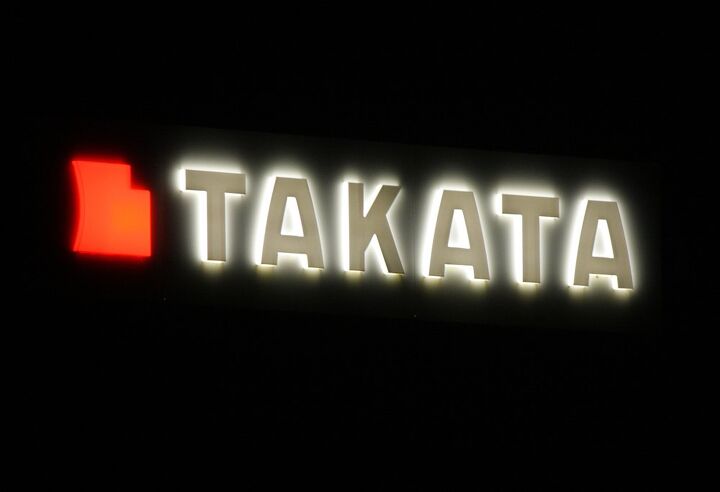




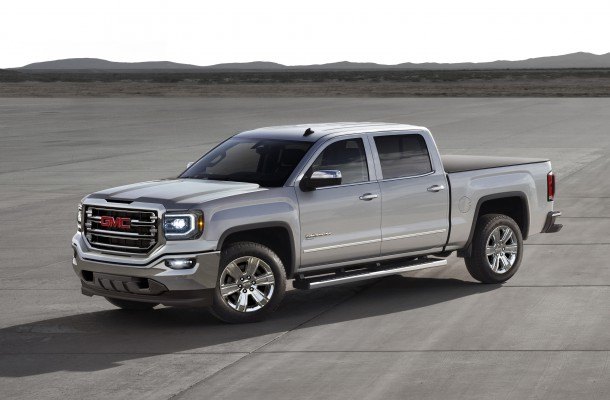



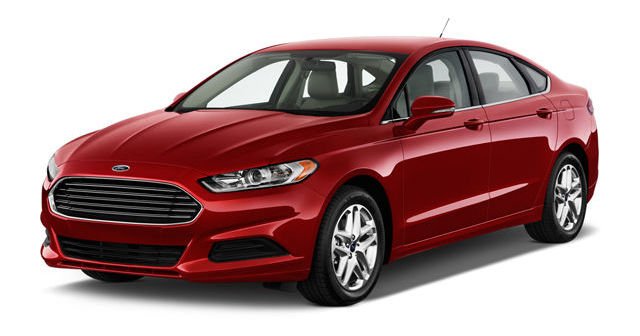













Recent Comments